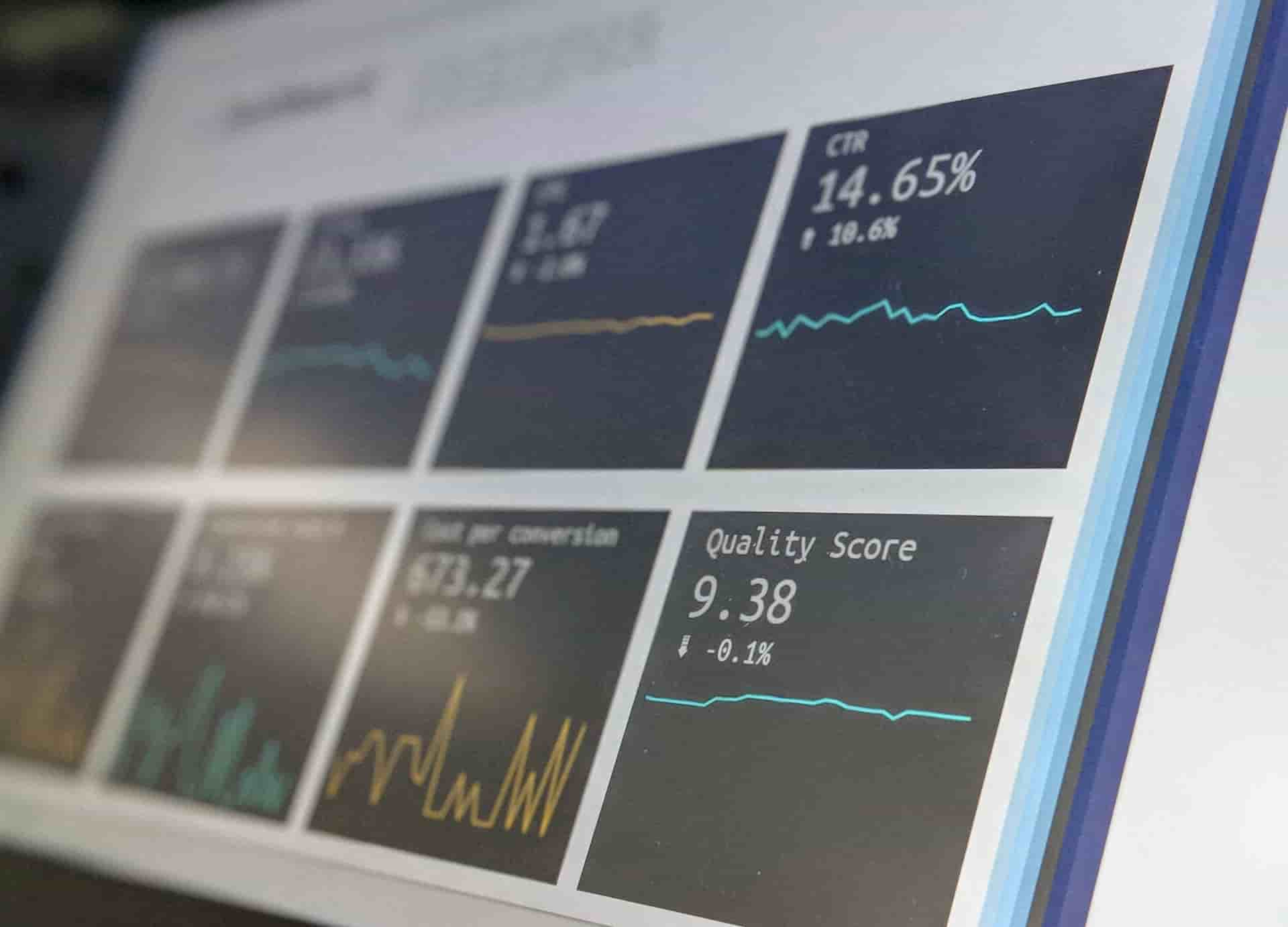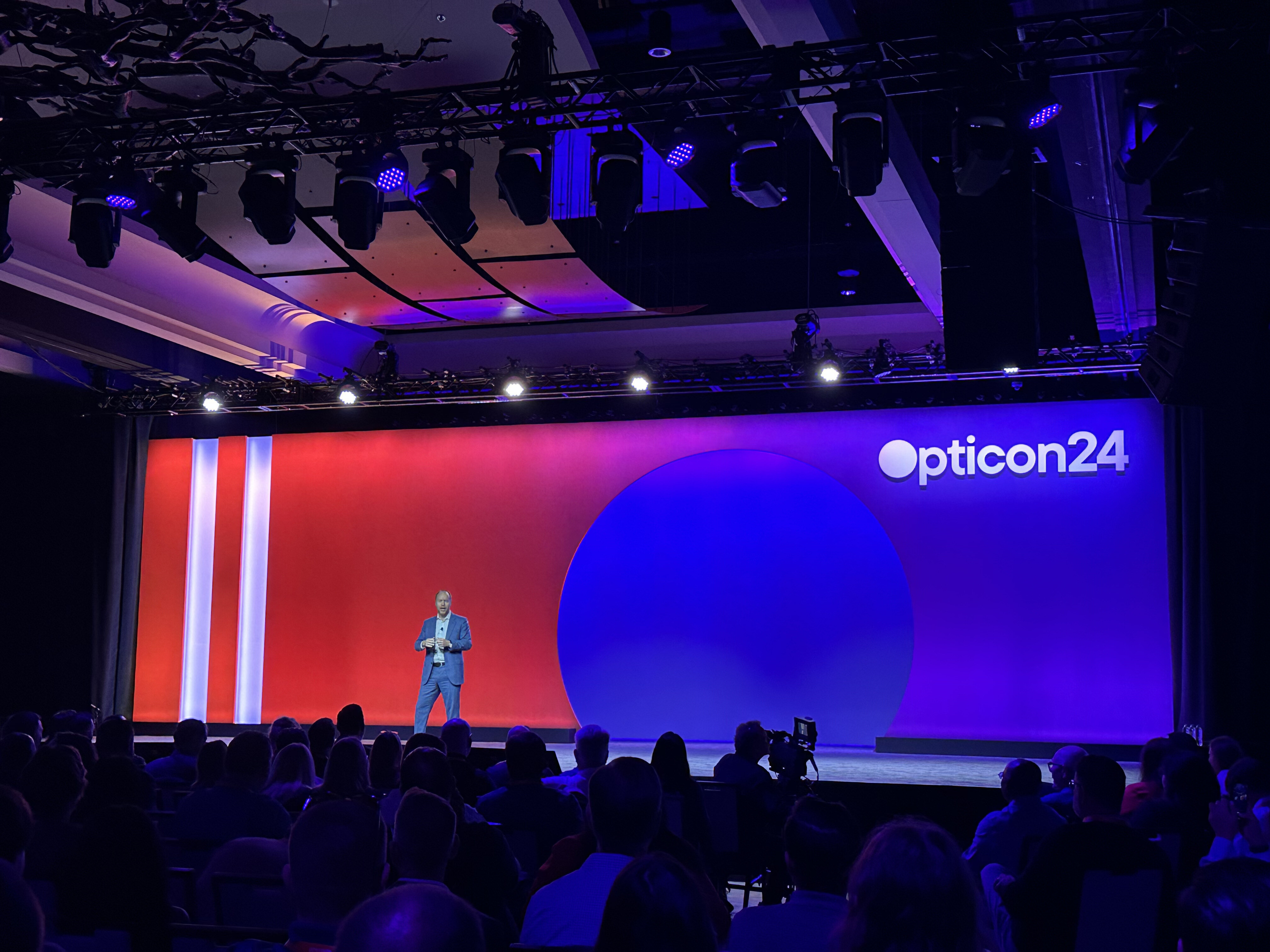Next.js Hosting, Why Enterprises Choose to Self-Host (and the Challenges They Face)





In January 2025, over 2 million sites were running Next.js, according to BuiltWith data. Of these, 34% were hosted on Vercel and 5% on Netlify, making them the two dominant platforms for front-end Next.js hosting.
However, at least 55% of Next.js sites were not hosted on either of these SaaS-based Front-End-as-a-Service (FEaaS) providers or similar services. Among enterprise customers, this distinction is even more dramatic, up to 80% of large organizations do not use these SaaS FEaaS solutions.
Why is that?
While Vercel and Netlify provide fantastic solutions for startups and midmarket companies, they often lack the security, integration flexibility, and control that enterprises require. For large-scale, business-critical platforms, especially those powered by Sitecore, Optimizely, or other enterprise CMS solutions, self-hosting in their own public cloud tenant has become the go-to approach.
Next.js Hosting, Why Enterprises Opt to Self-Host
For enterprises, digital experience platforms (DXPs) are core assets. This means they require a composable front-end infrastructure that integrates seamlessly into their DevOps workflows, ensures security, and provides full observability into operations. Here’s why many opt for self-hosted environments:
- Full Control Over Infrastructure – Avoid vendor lock-in and customize Next.js hosting (and other frameworks) to meet enterprise security, performance, and compliance needs.
- Security & Compliance – Data residency, governance, and industry regulations (such as GDPR, HIPAA, and FedRAMP) require strict security policies.
- Cost Optimization – While Next.js hosting SaaS-based solutions offer convenience, they become cost-prohibitive at scale due to unpredictable usage-based pricing.
- Performance Customization – Enterprises need to fine-tune caching, load balancing, and server configurations to optimize speed and reliability of their Next.js hosting.
- Enterprise System Integration – Self-hosting allows seamless connectivity with existing CI/CD pipelines, security monitoring, and internal platforms.
- More Reliable Uptime – Enterprises can mitigate risks of third-party service outages or rate-limiting constraints.
- Scalability on Their Own Terms – Instead of being restricted by a provider’s infrastructure limits, enterprises can scale based on predictable traffic demands.
- Advanced DevOps & Security Layers – Custom CI/CD pipelines, zero-trust architecture, and fine-grained access controls are essential in high-security environments.
- Azure Alignment – The aforementioned platforms depend heavily on AWS infrastructure, which can be problematic for organizations standardized on Azure.
At the enterprise level, these considerations outweigh the benefits of a Front-End-as-a-Service (FEaaS) like Vercel or Netlify, making self-hosting the preferred choice. However, due to the following challenges, many prefer a pre-packaged fully managed solution.
Next.js hosting, The Self-Hosting Challenges
While self-hosting offers greater flexibility and control, it also introduces several hurdles that enterprises must navigate:
- Infrastructure Complexity – Managing your own FEaaS environment requires deep expertise in servers, networking, and scaling.
- Higher Maintenance Overhead – Enterprises take full responsibility for system health, monitoring, and updates.
- Security Risks – Misconfigurations can introduce vulnerabilities, requiring stringent security management.
- Deployment & CI/CD Complexity – Unlike SaaS platforms that offer built-in workflows, enterprises must set up their own deployment automation.
- Troubleshooting & Debugging – Without vendor support, enterprises need in-house expertise to diagnose and fix issues.
- Networking & Connectivity Issues – Enterprises must ensure low-latency, high-performance networking across distributed regions.
- Scaling Challenges – Handling traffic spikes and demand fluctuations requires well-architected autoscaling and load balancing.
- Cost Unpredictability – Self-hosting can be cost-effective long-term, but without careful planning, unexpected cloud costs may arise.
- Developer Experience (DX) Trade-offs – Managed platforms provide built-in tooling that must be replicated when self-hosting.
For enterprises, these challenges mean self-hosting must be done strategically, with the right tools and expertise to avoid performance and security pitfalls.
How Dataweavers Arc Bridges the Gap
Self-hosting doesn’t have to mean building everything from scratch. Dataweavers Arc for Sitecore provides an enterprise-grade FEaaS (Front-End-as-a-Service) in your tenant Self Hosted. It is designed specifically for organizations that need full control over their composable front-end infrastructure without the operational burden of maintaining it. Providing you the best of both worlds for your Next.js hosting.
Arc is fit-for-purpose for enterprises need a self-hosted solution that:
- Meets strict security & compliance requirements without additional complexity.
- Provides full observability into performance, security, and infrastructure health.
- Ensures seamless scalability across global, multi-region architectures.
- Reduces operational overhead with prebuilt DevOps automation and support for infrastructure as code.
Arc is built to deliver exactly this.
Unlike traditional FEaaS platforms, which lock enterprises into proprietary infrastructure, Arc enables enterprises to self-host their composable front-end infrastructure within their own Azure environment while still benefiting from:
✔ Pre-configured security and DevOps best practices
✔ Optimized performance with intelligent caching and CDN integration
✔ Seamless scalability with automated load balancing
✔ Built-in monitoring and observability for enterprise-wide visibility
Arc provides the best of both worlds - the security and compliance of self-hosting with the simplicity of a fully managed platform.
The Right Balance: Control Without Complexity
For enterprises, the choice isn’t just between SaaS vs. self-hosting - it’s about finding the right balance between control, security, and operational simplicity.
With Arc for Sitecore, enterprises can:
- Deploy a secure, self-hosted FEaaS solution without the typical infrastructure headaches.
- Ensure compliance, high availability, and full integration with their existing Azure and DevOps pipelines.
- Optimize performance while maintaining the flexibility to scale globally.
Next.js hosting: Want to explore a better way to self-host in your enterprise?
Interested to learn more about Headless CMS? Check out our Enterprise Guide to Sitecore Headless CMS.
Let's talk



